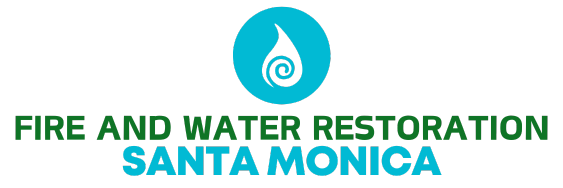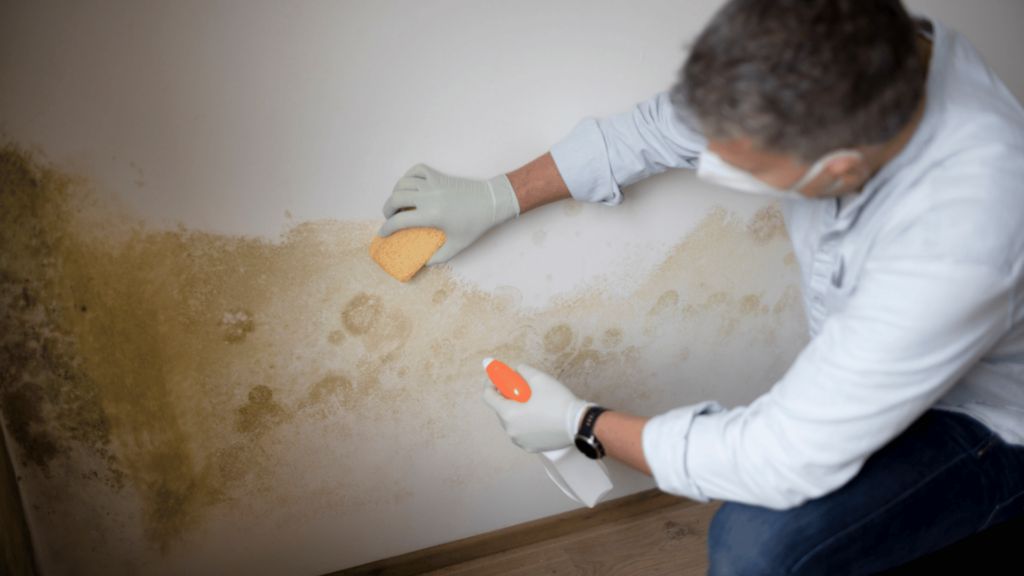Dealing with the aftermath of a fire or flood in your home can feel overwhelming and confusing. Understanding the immediate actions to take following such disasters can minimize further damage and help protect the safety and health of your family. Below is a practical guide outlining essential steps you should follow after experiencing a fire or flood.
Prioritize Safety
Your top priority must always be ensuring the safety and well-being of everyone involved. After a fire, stay outside your home until emergency services confirm it is safe to re-enter. During a flood, avoid contact with standing water, particularly if electricity has not been disconnected, due to the risk of electrocution.
Immediately Contact Emergency Services
If you haven’t already contacted emergency responders, do so without delay. In the event of a fire, always notify the fire department immediately, even if you think the fire has been extinguished. If a flood occurs, reach out to local emergency management for assistance, rescue, or potential evacuation support.
Document the Damage Accurately
Once everyone’s safety has been ensured, start documenting the damage carefully. Capture detailed photos and videos of the affected areas, including walls, ceilings, floors, furniture, appliances, and personal belongings. Thorough documentation is crucial for insurance purposes and facilitates the restoration process.
Notify Your Insurance Company Promptly
Contact your insurance company as soon as you have documented the damage. Share all the details, including photos and videos, and carefully follow their instructions. Insurers typically require immediate notification and have specific procedures for managing claims related to disasters.
Secure Your Home to Prevent Additional Damage
After a fire or flood, it’s vital to protect your home from further harm. If your home has suffered fire damage, board up broken windows or doors to prevent theft or weather-related damage. Following a flood, if it is safe, turn off gas and electricity supplies at the main switches or valves to reduce the risk of further hazards.
Assess Structural Safety
Do not re-enter your property until authorized by emergency responders or a qualified structural inspector. Fires can weaken support structures, while floods can damage foundations and flooring. A professional assessment is essential before re-entry to ensure the property is safe.
Find Temporary Housing if Needed
If your home is unsafe to inhabit, promptly arrange alternative living arrangements. Contact your insurance provider to find out if temporary housing expenses are covered under your policy. Additionally, local disaster relief organizations may offer assistance and resources for temporary shelter.
Begin Cleanup with Caution
Once you have clearance from professionals to enter your home, start the cleanup carefully. For fire damage, thoroughly ventilate the property and wear protective equipment like masks and gloves to avoid exposure to toxic substances. For flooding, promptly remove standing water using pumps or wet vacuums and always wear protective gear, including waterproof boots and gloves.
Properly Dispose of Damaged Items
Clearly distinguish salvageable belongings from those beyond recovery. Items significantly damaged by fire or contaminated by floodwaters, such as upholstered furniture, carpets, and insulation, must be disposed of following local guidelines and regulations.
Utilize Professional Restoration Services
Hiring professionals specialized in fire and flood damage restoration greatly accelerates the recovery process. These experts have the appropriate tools and expertise to handle soot removal, smoke odor treatment, water extraction, drying processes, and mold prevention effectively.
Address Potential Health Issues
Both fire and flood disasters pose serious health risks. Smoke inhalation from fires can lead to respiratory issues, while floodwaters often contain hazardous bacteria, chemicals, or sewage. Immediately seek medical care if anyone experiences health symptoms following these events.
Seek Emotional Support
Experiencing disasters can profoundly impact emotional and mental health. Feelings of anxiety, stress, depression, or trauma are common after significant losses or disruptions. Seeking professional counseling or joining support groups can be invaluable for emotional recovery and resilience.
Clearly Communicate with Repair Contractors
When hiring contractors for repairs or restoration, establish clear communication about your expectations, timeline, budget, and insurance requirements. Always obtain written estimates and formal contracts to prevent disputes and misunderstandings during the repair process.
Take Preventative Measures for the Future
Implement proactive measures to safeguard your home from future disasters. Regularly test smoke detectors, maintain easily accessible fire extinguishers, and consider using fire-resistant building materials. To mitigate flood risks, improve home drainage systems, landscape effectively to divert water, and regularly inspect your foundation for vulnerabilities.
Acting swiftly and methodically after a fire or flood greatly influences your ability to recover effectively. Prioritize safety, follow structured guidelines, engage professional assistance as needed, and remember the importance of caring for both physical and emotional health.

